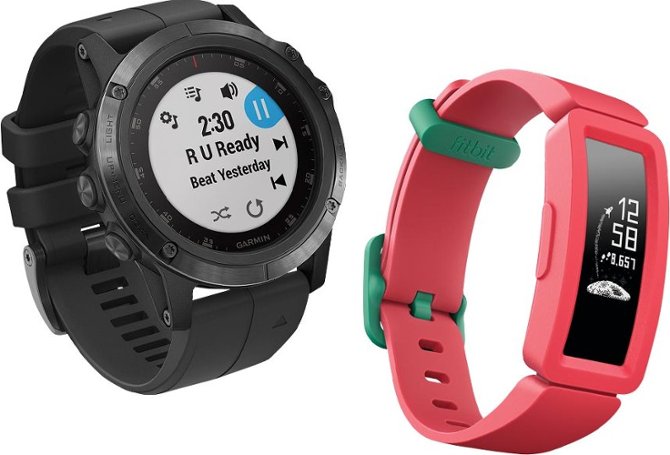Even with contemporary technology on your side, tracking your health and activities from day to day might be difficult. There are, thankfully, devices that make life a little easier. It’s critical that you locate a gadget that works well for you, depending on the type of activity you undertake.

Choose an Activity Tracking Device that is Right for You.
- Think about your workout style.
- Consider the difference between utility and fashion.
- Examine the charging alternatives for fitness trackers.
- Check for compatibility with your existing devices.
- Make certain that the tracker is of excellent quality.
When shopping for a fitness tracker, there are several factors to consider, including wearability, specialized functions, and price. With the help of this fitness tracker buying guide, you can pick one that meets all of your requirements for accurate workout tracking.
Consider Your Workout Style
Because there are so many various sorts of workouts, there are specialist fitness trackers developed for specific objectives. If you’re a swimmer or diver, for example, check for activity trackers for water sports that can go beyond specific depths. Consider a tracker that attaches directly to your bike and uses GPS to track your route if you’re a cyclist. If you enjoy running or walking, a tracker with a pedometer is great. You can also acquire a fitness tracker for youngsters to track their exercise and activity. The fundamental advantage of specialist activity tracking devices is that they record specific workouts more accurately than larger, multipurpose ones.
Do you want a tracker that measures more than just steps or distance? Choose a model that detects periods of activity and includes a heart rate monitor. You can move between lifting weights and using cardio equipment in the gym this manner, and it counts the overall amount of time you stay active. If you have a medical problem, devices with additional specific tracking capabilities, such as a built-in pulse oximeter or temperature, may be beneficial.
Consider Function vs. Fashion.
How and where you wear your tracker is heavily influenced by your daily activities and personal style. Some trackers are attached to workout equipment, such as a spin bike, but the majority are worn on the wrist with a band like a watch. Others imitate bracelets for a more relaxed look that matches your clothing. High-fashion trackers look good but may be more expensive.
Consider what features you require. If you just exercise in one manner, you might save money by purchasing a device with fewer functionality. GPS and distance trackers may appear to be cool, but if they aren’t necessary for your fitness routine, they might drive up the cost of the gadget without being beneficial.
